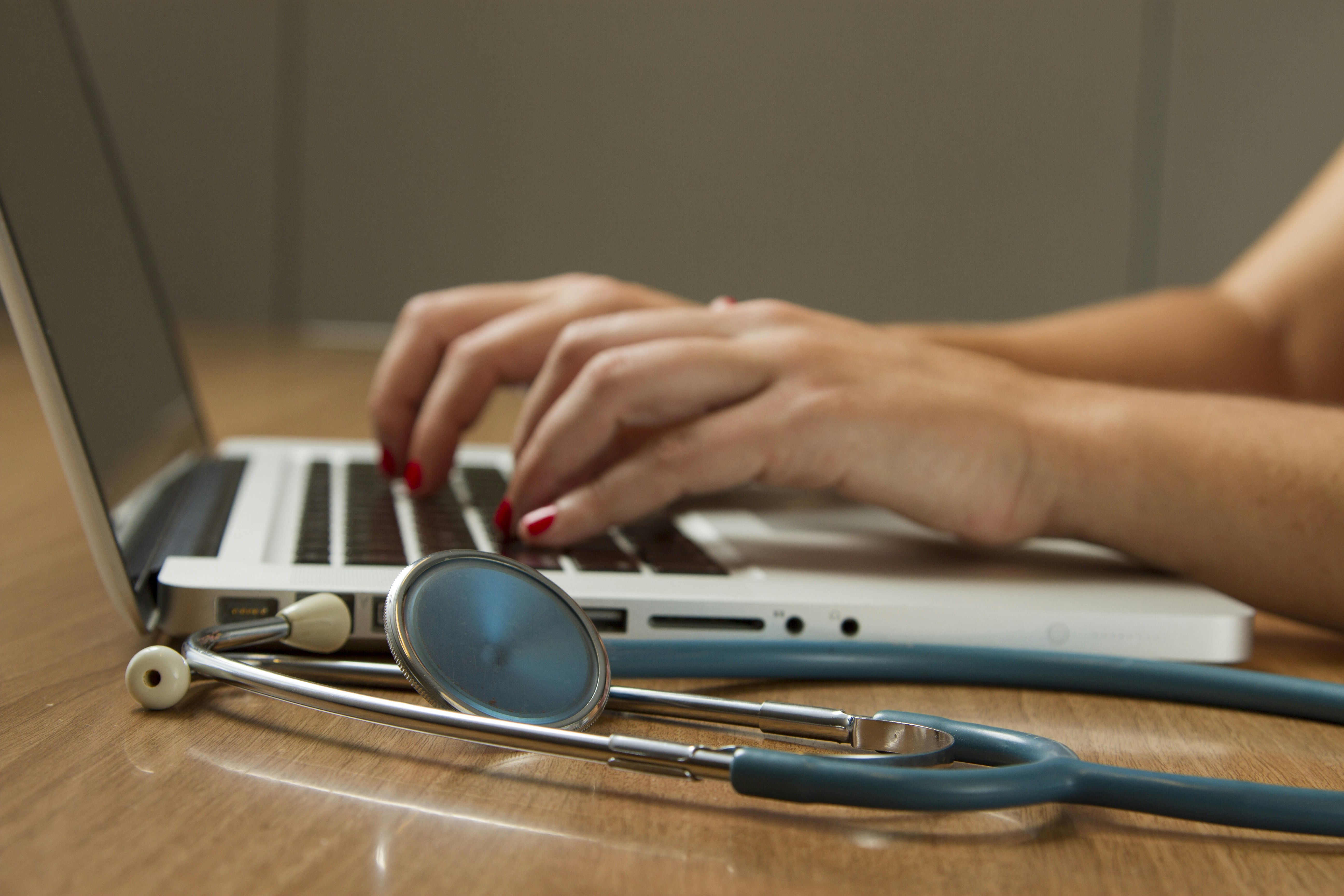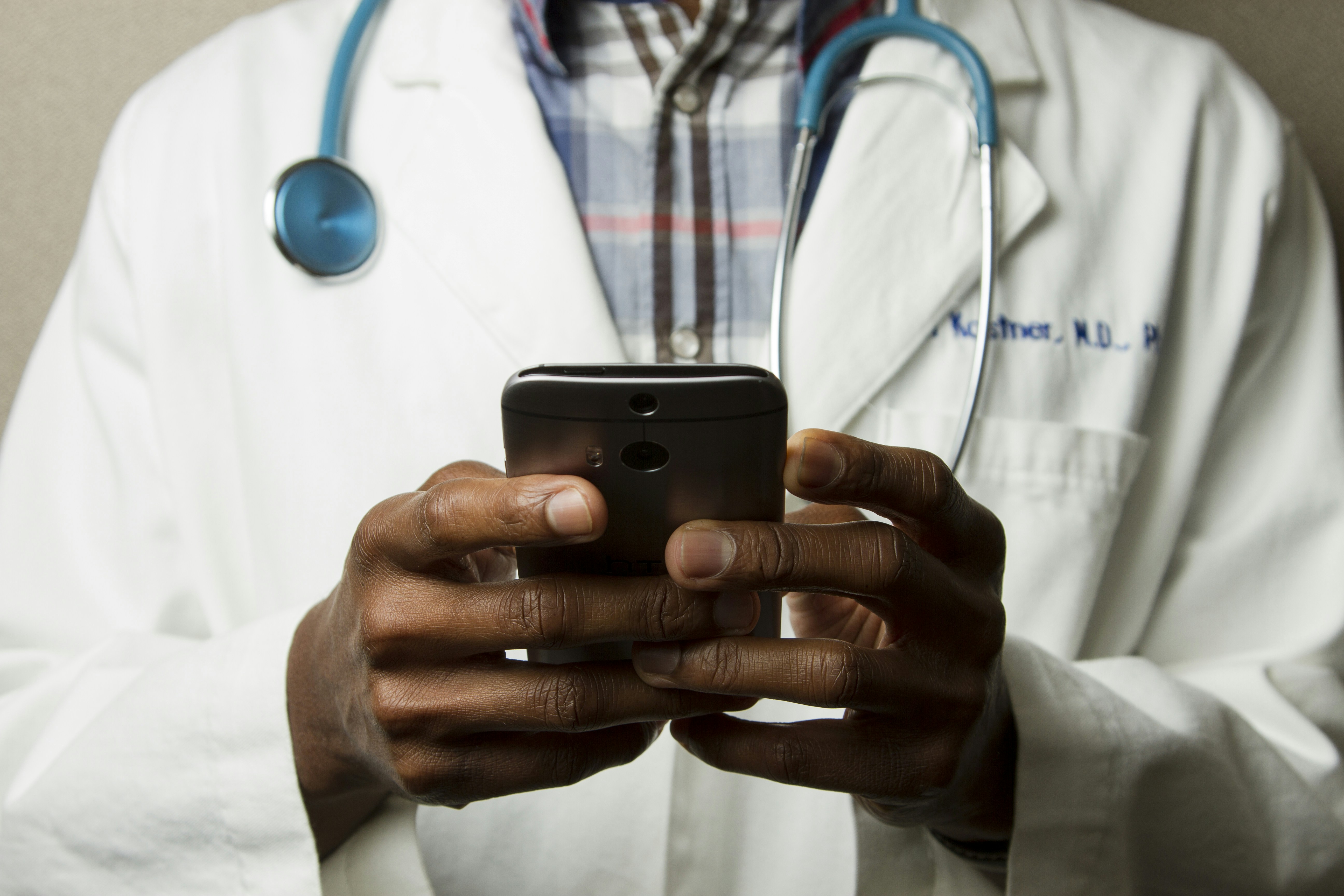Top 10 Skills Every Health Assistant Should Have
Essential Healthcare Skills

Success as a health assistant requires a diverse set of skills that combine technical knowledge with interpersonal abilities. These core competencies ensure quality patient care and professional growth in the healthcare field.
1. Clinical Competency
Strong clinical skills form the foundation of effective healthcare delivery:
- Vital Signs Monitoring: Accurate measurement and recording of temperature, blood pressure, pulse, and respiratory rate
- Basic Medical Procedures: Proficiency in common clinical procedures and protocols
- Infection Control: Understanding and implementing proper sanitation and sterilization procedures
- Emergency Response: Quick and appropriate reaction to medical emergencies
728x90 Advertisement
Communication and Interpersonal Skills

2. Patient Communication
Clear and empathetic communication with patients is crucial:
- Active listening and understanding patient concerns
- Clear explanation of medical procedures and instructions
- Cultural sensitivity and awareness
- Ability to communicate with diverse patient populations
3. Professional Communication
Effective interaction with healthcare team members:
- Clear reporting and documentation
- Team collaboration and coordination
- Professional correspondence and medical terminology
- Conflict resolution and problem-solving
4. Emotional Intelligence
- Empathy: Understanding and responding to patient emotions
- Self-awareness: Managing personal stress and emotions
- Social skills: Building rapport with patients and colleagues
- Professionalism: Maintaining composure in challenging situations
Technical and Administrative Skills

5. Medical Technology Proficiency
- Electronic Health Records (EHR) management
- Medical equipment operation and maintenance
- Digital communication tools and healthcare software
- Basic troubleshooting abilities
6. Organization and Time Management
- Efficient scheduling and prioritization
- Multi-tasking and task coordination
- Record keeping and documentation
- Resource management
728x90 Advertisement
Professional Development Skills
7. Adaptability
- Flexibility in changing healthcare environments
- Quick learning of new procedures and protocols
- Ability to handle unexpected situations
- Openness to feedback and improvement
8. Critical Thinking
- Problem-solving in clinical situations
- Decision-making under pressure
- Risk assessment and management
- Analytical thinking and attention to detail
9. Leadership and Initiative
- Taking responsibility for patient care
- Mentoring and supporting colleagues
- Contributing to team objectives
- Continuous professional development
10. Ethical Conduct
- Understanding healthcare laws and regulations
- Maintaining patient confidentiality
- Professional boundaries and conduct
- Commitment to quality care standards